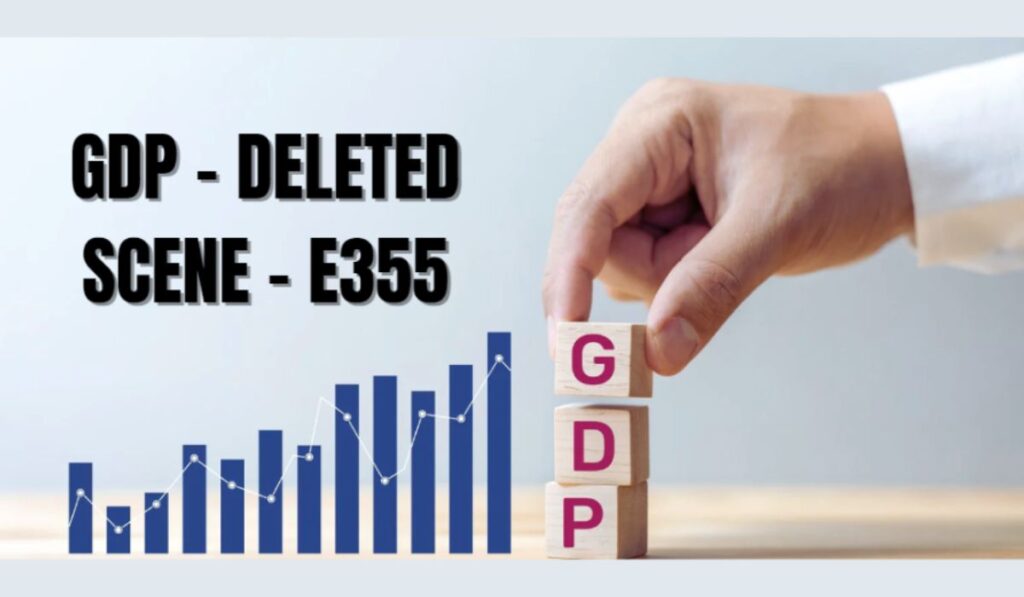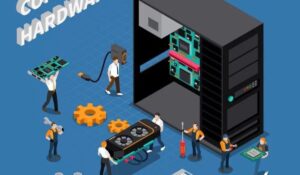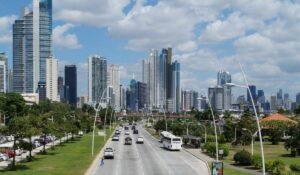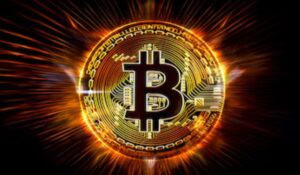Introduction to GDP
Gross Domestic Product, commonly referred to as GDP, serves as a vital economic indicator. It measures the total value of all goods and services produced in a country within a specific time frame. Essentially, Gdp – deleted scene – e355 provides insights into the health of an economy. A rising GDP typically signals economic growth, while a decline can indicate a recession.
Yet, GDP is not just a number; it holds significant implications for policy-making, economic strategy, and individual livelihoods. In the context of the recently unearthed deleted scene from episode E355, we can explore how GDP is woven into the narrative fabric of our modern lives.
The Importance of GDP
Understanding the significance of GDP is crucial for several reasons. First, it helps gauge an economy’s performance. Policymakers often use it to make decisions on fiscal and monetary policies. For instance, if GDP growth slows, it might prompt tax cuts or increased government spending.
Second, GDP allows for international comparisons. Countries’ economic performance can be evaluated against one another. This helps foreign investors identify profitable opportunities. Additionally, it can influence diplomatic relations, as economic stability often correlates with national power.
Finally, GDP impacts everyday life. It influences job creation, wage levels, and social services. People often feel the repercussions of economic growth or decline in their daily lives, from the availability of jobs to the stability of their financial circumstances.
The Deleted Scene: An Overview
Now, let’s examine the intriguing deleted scene from E355. This scene, although cut from the final version, holds particular relevance to our understanding of GDP. It features characters discussing economic principles and their implications on society.
The dialogues highlight the stark contrasts within the economy, drawing connections between personal experiences and broader economic trends. One character, for example, reflects on how economic growth can lead to job opportunities but also creates disparities within communities.
The Narrative Connection
Incorporating GDP into a dialogue of a fictional narrative seems unconventional, yet it serves a purpose. It reminds viewers that economic principles are not just abstract; they affect real lives. This theme is particularly evident in the deleted scene, where characters openly express their frustrations and hopes related to economic uncertainty.
This scene invites viewers to empathize with the characters and their struggles. The discussion on GDP becomes a vehicle through which social issues are explored. Viewers are encouraged to think critically about how economic shifts impact their world.
The Critique of GDP as a Measure

While GDP is a useful tool, it isn’t without its criticisms. Economists and social scientists often argue that GDP does not provide a complete picture of economic health. For instance, GDP does not account for income inequality.
A nation may experience rising GDP while its citizens struggle with poverty. In E355, this critique surfaces in the deleted scene. Characters argue that focusing solely on GDP overlooks the human cost of economic growth. Their conversation raises questions about the balance between development and equity.
Economic Indicators Beyond GDP
In the deleted scene, the characters also touch on alternative economic indicators. Metrics such as the Human Development Index (HDI) and Gross National Happiness (GNH) are discussed. These indicators consider factors like education, health, and environmental quality.
The inclusion of such discussions challenges the audience to think differently about success and progress. It suggests that real prosperity involves more than just numbers on a balance sheet; it encompasses quality of life and well-being.
Transitioning the Discussion
Transitioning from GDP to these alternative metrics is crucial. By doing so, the narrative invites viewers to expand their understanding of economic performance. It helps them appreciate the multi-faceted nature of economic health.
Using transitional phrases in the deleted scene can enhance readability. For instance, linking concepts such as “In addition to GDP,” or “Moreover,” can guide the audience through complex ideas. This can make the dialogue feel more cohesive and relatable.
The Human Element in Economics
A recurring theme in the scene is the human element of economics. One character shares a personal story about losing a job due to economic shifts. This moment adds a layer of depth to the statistical discussions about Gdp – deleted scene – e355 .
Such anecdotes emphasize that behind every economic figure, there are people whose lives are directly impacted. This human connection elicits empathy and resonates with viewers on a personal level.
Comparing Different Economic Models
The deleted scene further delves into comparisons between various economic models. Characters reference different countries that prioritize growth differently. Some focus on innovation and technology, while others emphasize sustainability and social welfare.
These comparisons illuminate the diversity in how nations approach their economic goals. Understanding the benefits and drawbacks of each model can help viewers appreciate the complexities of GDP and its implications.
Future Implications of GDP
As we ponder the future of Gdp – deleted scene – e355 the deleted scene provides a thought-provoking landscape. It raises questions about how economies evolve, especially in a rapidly changing world.
The global challenges of climate change and inequality force us to reconsider traditional measures of growth. In this context, characters in the scene ponder what economic success will look like in the coming decades. This important discourse serves as a call to action for policymakers and citizens alike.
Insights Gained from the Scene
Several insights emerge from examining the deleted scene from E355. Firstly, GDP remains a cornerstone of economic analysis but should not be viewed in isolation. The intersection of economics and real-life experiences must be emphasized.
Secondly, the dialogue encourages critical thinking about alternative measurements of success. It suggests a shift towards metrics that prioritize individual well-being over mere economic productivity.
Lastly, the scene taps into the emotional landscape of economic discussions. By sharing personal stories, it humanizes the often-numbing statistics associated with GDP. Emotion and empathy can guide policy discussions toward more equitable solutions.
Conclusion
In summary, the deleted scene from E355 offers a compelling examination of GDP and its broader implications. It fuses personal narratives with economic principles, inviting viewers to reflect on the state of the economy.
Although GDP is a crucial economic indicator, it’s essential to remember its limitations. By taking a step back and considering alternative measures, we can foster richer discussions about economic success. As future episodes unfold, it is vital to keep engaging with these themes, ensuring that the human element of economics is never forgotten.
Ultimately, the scene serves as an engaging reminder that while numbers define our economies, it is people who shape our societies. Balancing growth with well-being remains a challenge worth exploring, both in fiction and reality









































